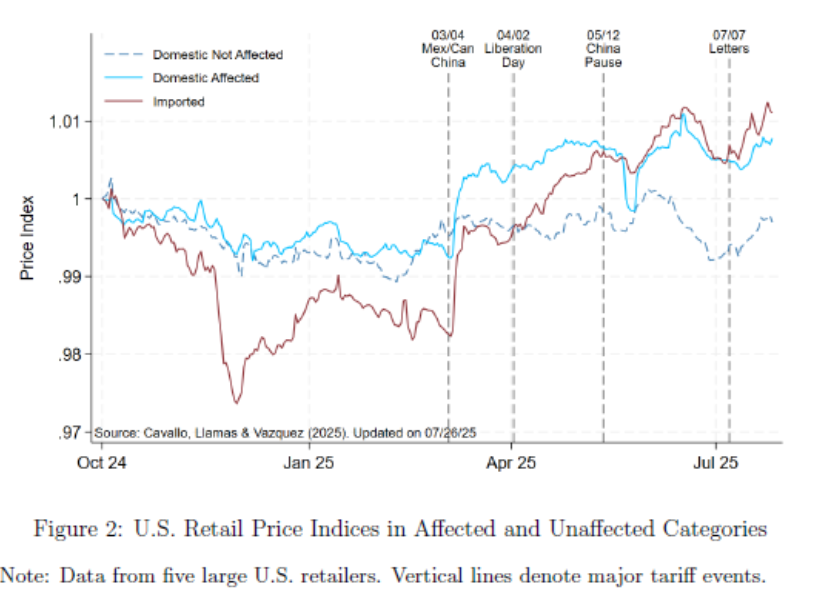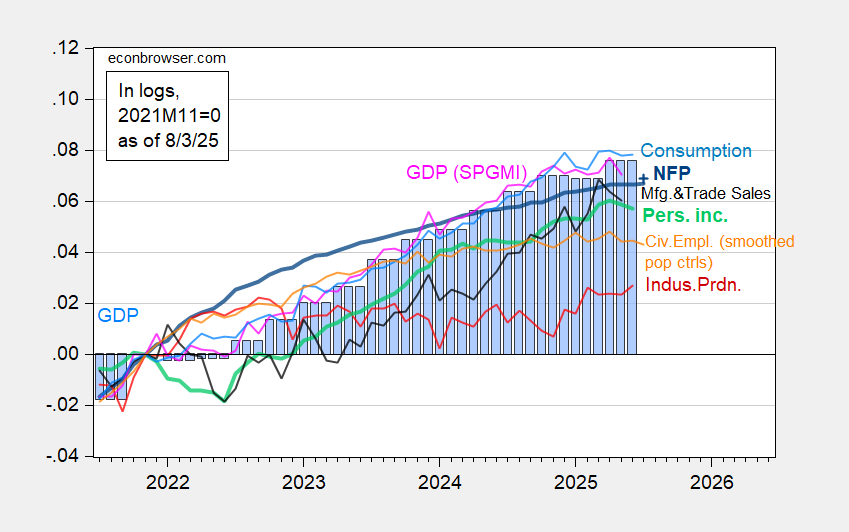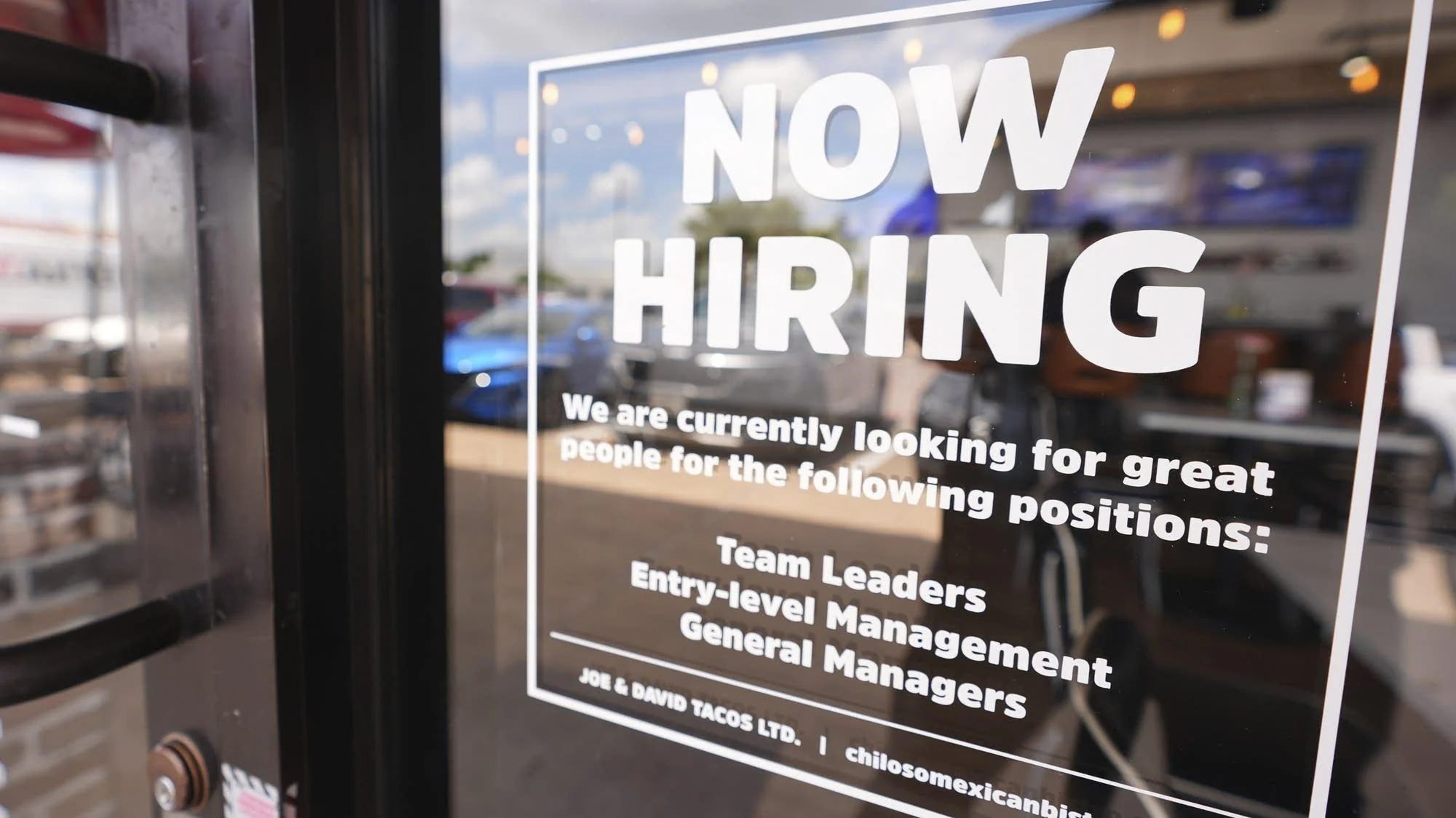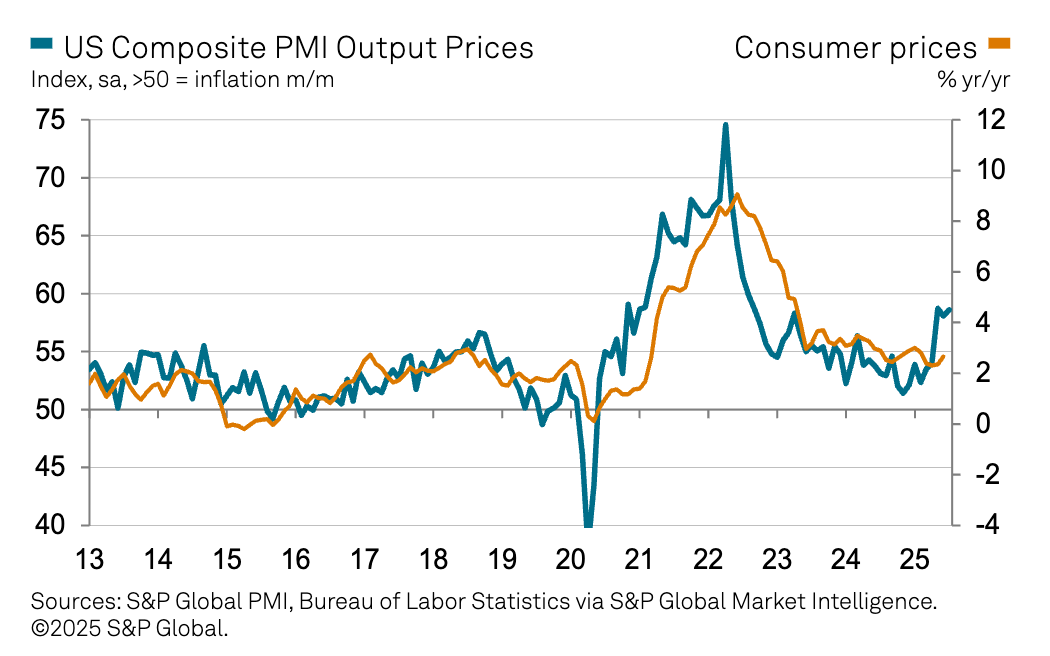
1721. An Example With Intensive And Extensive Rent
Robert Vienneau discusses an example of intensive and extensive rent, exploring techniques of production and their feasibility in economic contexts.
your daily dose of economic commentary

Robert Vienneau discusses an example of intensive and extensive rent, exploring techniques of production and their feasibility in economic contexts.

Bill McBride discusses the U.S. trade deficit decrease in June, highlighting changes in exports and imports along with year-over-year comparisons.

An argument that questions the reliability of official economic data following political pressures and the firing of a key statistics official.

A Tuscan startup faces challenges selling olive oil in the U.S. due to tariffs imposed by the Trump administration, impacting European imports significantly.
The author reviews various books spanning topics like Iranian art, sports history, music biographies, and ethics of immigration, highlighting their significance and personal insights.

Menzie Chinn discusses the impact of tariffs on retail prices using data from Cavallo et al. and the Bureau of Economic Analysis.

The author discusses how Google's AI Overviews threaten publishers' business models reliant on site visits, leading to potential industry collapse, as noted by Helen Havlak.

An argument that the Trump administration's economic policies are reshaping the U.S. economy, raising questions about tariffs, the federal budget, and their effects on consumers and the labor market.

A workshop on the hidden curriculum in academia aims to equip PhD students and early-career academics with practical skills for navigating the challenging job market in economics and related fields.

The post discusses the July 2025 SLOOS survey findings, highlighting tighter lending standards and weaker demand for various loan categories among banks.

Jadrian Wooten discusses the controversy surrounding job numbers reported by the Bureau of Labor Statistics and the political implications of the commissioner's firing.

The post discusses potential changes to the conforming loan limits for Fannie Mae and Freddie Mac in 2026 based on housing price trends and geographical variations.

A discussion on the rejection of a young mathematical talent by universities, highlighting systemic failures in recognizing and nurturing exceptional abilities within academic institutions.

Bill McBride discusses the increase in light vehicle sales to 16.41 million SAAR in July, highlighting trends and comparisons to previous months and years.

An argument that Trump's economic policies are failing, leading to inflation and low approval ratings, which may prompt desperate political actions against democracy.

The discussion centers on India's industrialization challenges, historical strategies, and necessary reforms to enhance economic growth and reduce poverty.

The post discusses recent trends in single-family housing inventory, noting a week-over-week increase and comparisons to previous years' levels.

Rafael Nam discusses the uncertain impact of Trump's tariffs on the U.S. economy and global trade dynamics.

Darian Woods discusses the Bureau of Labor Statistics' job report process and its significance, especially following President Trump's dismissal of its head after disappointing growth figures.
Scott Sumner discusses the complexities of fiscal policy and the misconceptions surrounding quick fixes to economic issues, highlighting recent examples and political implications.